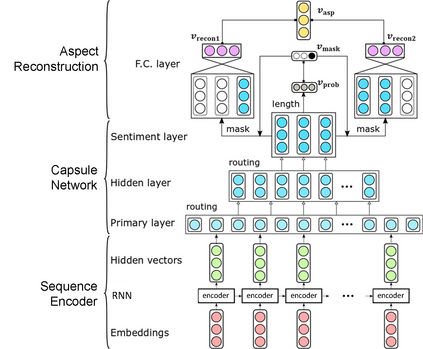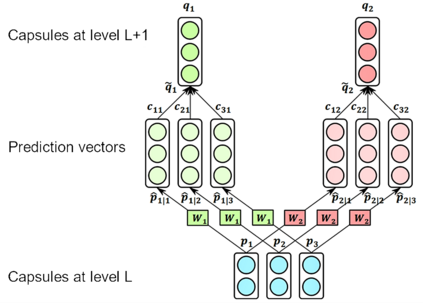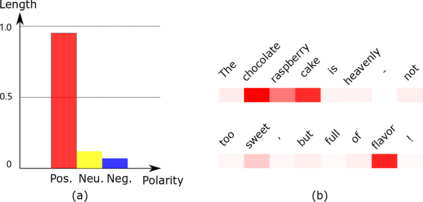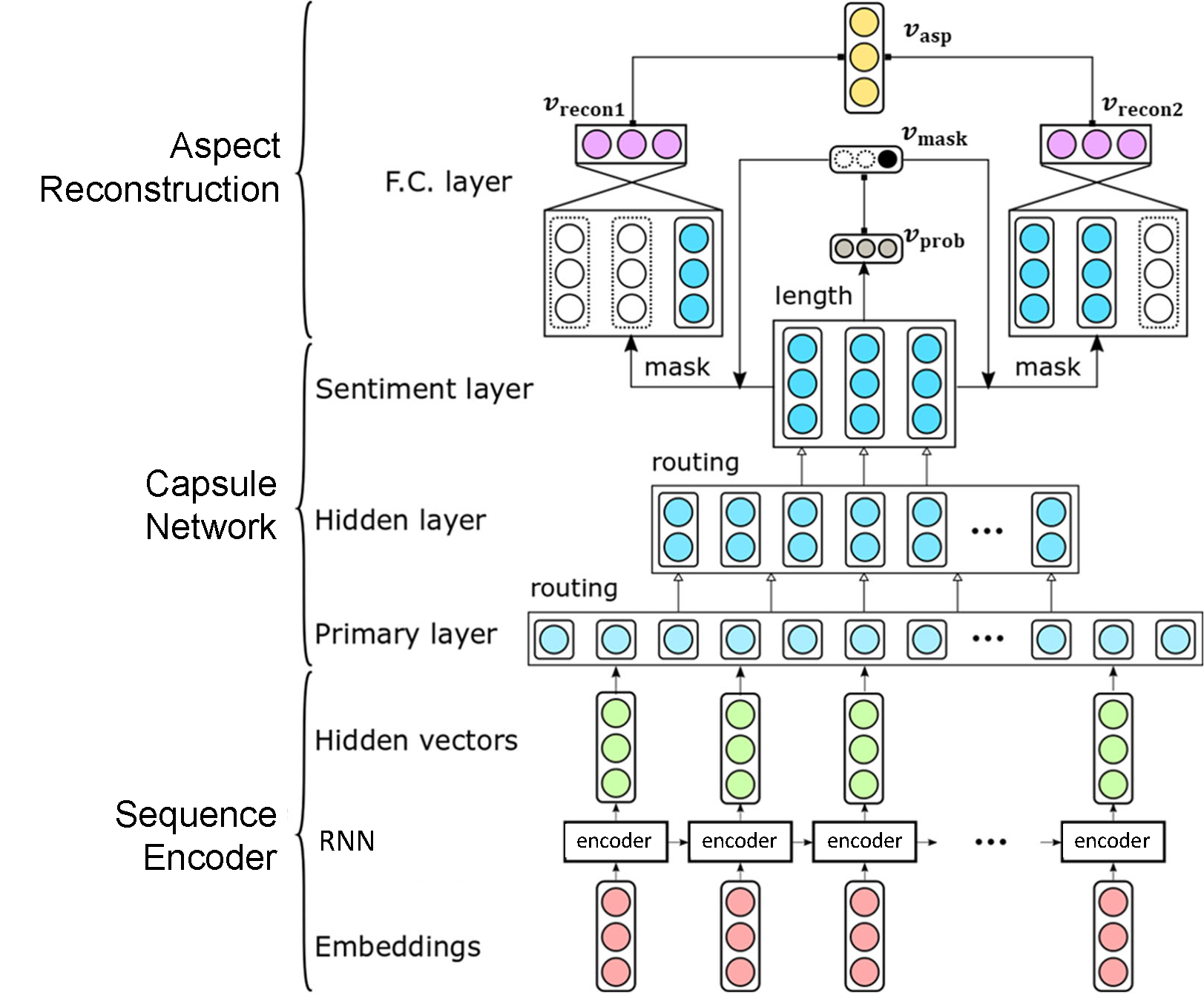Aspect-term level sentiment analysis (ATSA) is a fine-grained task in sentiment classification. It aims at extracting and summarizing the sentiment polarity towards a given aspect phrase from a sentence. Most existing studies combined various neural network models with a delicately carved attention mechanism to generate refined representations of sentences for better predictions. However, they were inadequate to capture correlations between aspects and sentiments. Moreover, the annotated aspect term might be unavailable in real-world scenarios which may challenge the existing methods to give correct forecasting. In this paper, we propose a capsule network based model named CAPSAR (CAPsule network with Sentiment-Aspect Reconstruction) to improve aspect-term level sentiment analysis. CAPSAR adopts a hierarchical structure of capsules and learns interactive patterns between aspects and sentiments through packaged sentiment-aspect reconstruction. Capsules in CAPSAR are capable of communicating with other capsules through a sharing-weight routing algorithm. Experiments on three ATSA benchmarks demonstrate the superiority of our model, and CAPSAR can detect the potential aspect terms from sentences by de-capsulizing the vectors in capsules when aspect terms are unknown.
翻译:视觉感知分析(ATSA)是情绪分类方面的细微任务,目的是从句子中提取和总结情绪极极化的情绪,大部分现有研究将各种神经网络模型与微妙的注意机制结合起来,以产生更精确的句子表示更好的预测;然而,这些模型不足以捕捉各方面和情绪之间的相互关系;此外,在现实世界情景中可能没有附加说明的词,这可能对正确预测的现有方法提出挑战;在本文中,我们提议一个以胶囊为基础的模型,名为PLCR(带有感官-特征重建的CAPsule网络),以改进侧面层次情绪分析;PLOCR采用胶囊的等级结构,并通过组合式情绪重建学习各方面和情绪之间的互动模式;PLOCR的Capsules能够通过共享加权路线算法与其他胶囊进行交流;对ASTA的三项基准进行实验表明我们模型的优越性,而FRICR能够通过在尚不清楚的情况下通过解剖胶囊中的矢量来探测出从句子中解开矢量而得出的潜在术语。








